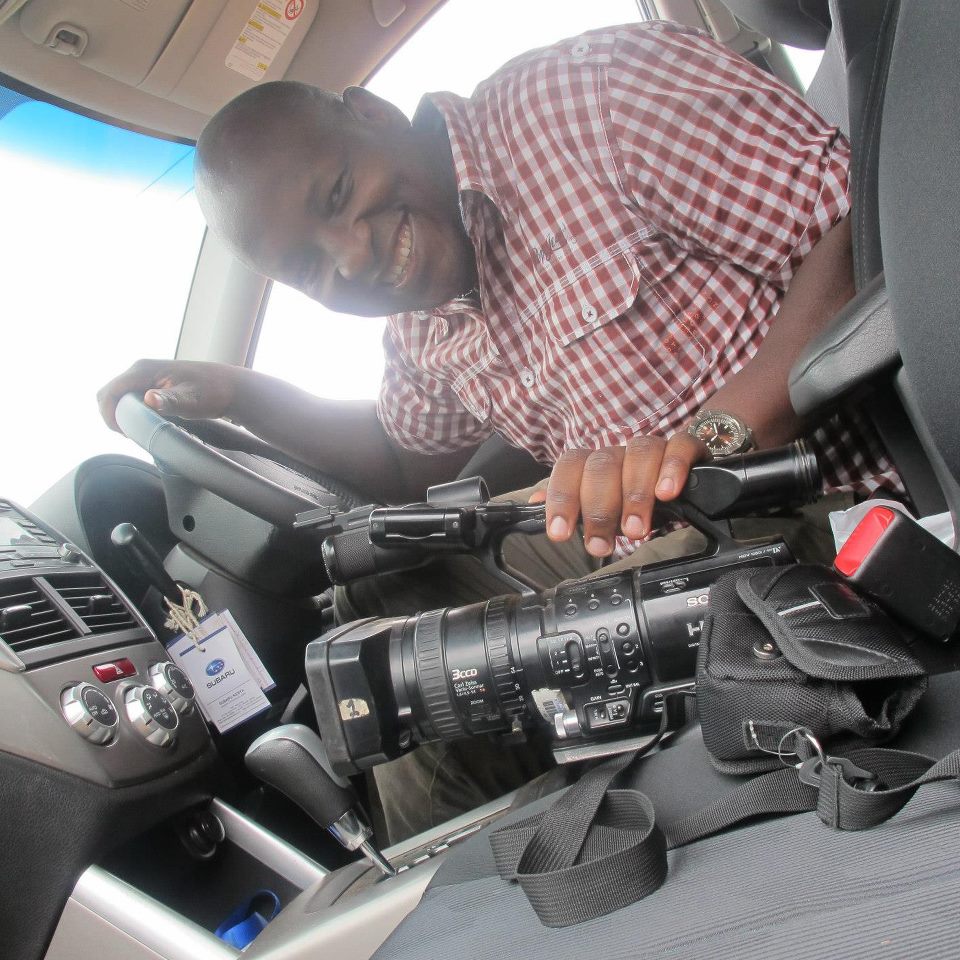 My long walk with the media started at Metro FM after I graduated from Daystar University in the early part of this century. I was the love doctor on the Metro love zone.
My long walk with the media started at Metro FM after I graduated from Daystar University in the early part of this century. I was the love doctor on the Metro love zone.
But despite building a reasonable following and playing great love ballads which I enjoyed tremendously, there was no hiding that the show was indeed a graveyard shift…I would work until midnight and then fight for space in the then face-me-style KBC vans that dropped all of us home!
It is then that I got an opportunity to attend an Internews in Kenya training in health feature production. It was a great opportunity. Since they had a media resource center I could access the internet for free and make phone calls. This was a bonanza for me since I have always been an infomaniac…I would spend time surfing the web and coming up with gems for my love show; the hardest I have ever worked. How it never translated into top ratings is a mystery to me and a story for another day. Read More »

